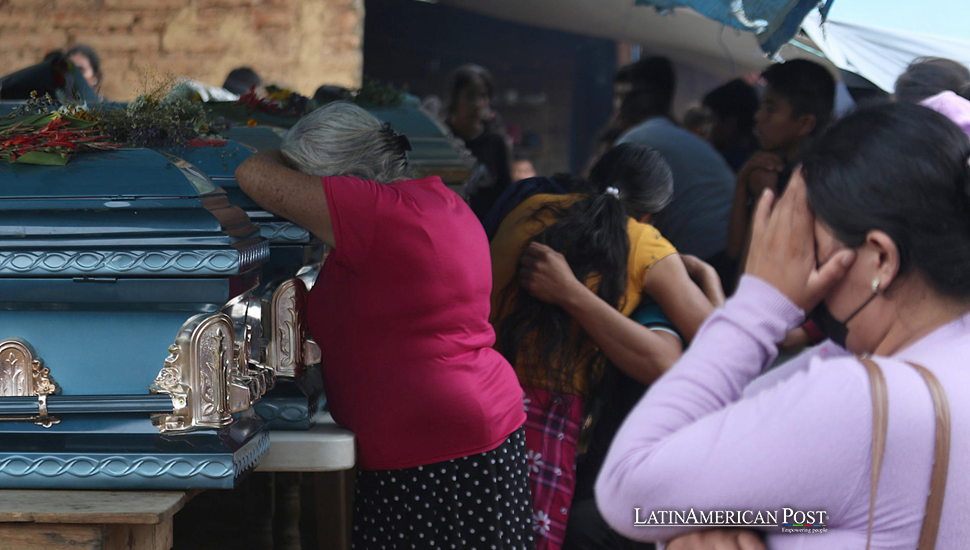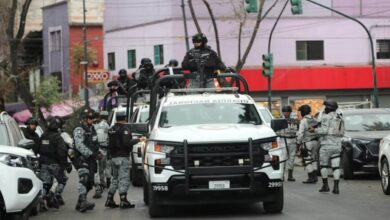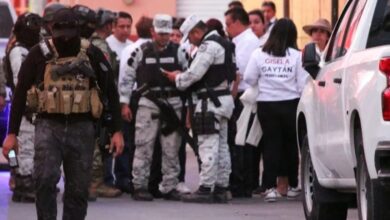Mexican Guerrero’s Business Crisis: The Violent Toll on Local Traders

The tragic discovery of 11 missing merchants in Guerrero highlights the dangerous challenges faced by local businesses in a region plagued by violence. As cartels target vulnerable workers, Guerrero’s economy faces harsh setbacks and uncertain futures.
The Risks of Doing Business in Guerrero
Guerrero, a southern Mexican state, has as many fabled beaches as vicious crime. And for many, doing business here has become a very high-risk business. Most recently, the state prosecutor’s office announced the death toll of 11 bodies found in an old truck. The victims, including children, women, and men from the village of Chautipan, were among a group of 16 merchants who had gone missing a month earlier.
These individuals earned a living by selling kitchenware and other essentials in local markets, exposing them to organized crime groups that hold dangerous control over the area. Their tragic fate highlights the severe risks small business owners in Guerrero face as they work within regions dominated by cartels.
How Cartel Violence Chokes Small Business
In Guerrero’s rural areas, family-run businesses that supply goods to isolated communities are essential for local survival. But criminal groups such as Los Ardillos have increased their hold over these areas, often eroding the livelihoods of the traders, stealing merchandise, extorting money, or even killing. This tragedy shows the cartel’s increasing stranglehold on local economies, making it harder for people to access basic necessities and forcing most small businesses to compete for existence.
Governor Evelyn Salgado condoled with the victims’ families and remarked on the state’s limited capacity to manage emergencies like this. Even as state and federal authorities continue to collaborate to find the remaining merchants, the rising violence continues to pressure Guerrero’s ragged economy, which relies on small trade, farming, and tourism.
Businesses in the Crossfire of Cartel “Fees”
Small business owners in Guerrero often choose between paying “protection fees” or risking their lives. In a state where violence has bred a stronghold for organized crime, security measures are scarce, leaving cartels free to dictate business. Many small companies must pay these organizations enormous sums of money to avoid the charges. They will be robbed, damage their assets, or even hurt themselves.
The effect on Guerrero’s economy is dire. Merchants from villages such as Chautipan who go out to sell goods do so in fear. This tax harms small businesses, hinders economic development, and discourages large companies from investing. Small businesses, which receive little federal support, bear the financial risks independently. One has to consider how long Guerrero can sustain itself if crime continues to destabilize the city.
A National Response that Falls Short
In response to the crisis, President Claudia Sheinbaum has vowed that justice will be served and impunity will end. Yet, doubts persist about whether federal efforts can genuinely manage the situation in Guerrero, where organized crime is embedded in the fabric of daily life and business. Despite promises of coordinated security from federal and state authorities, violence continues to climb as criminal groups battle for control.
For Guerrero’s small business community, national responses often appear reactive, not preventive. Policymakers face challenges implementing long-term solutions that would protect merchants from violence. Even the local peddlers are still on edge, wedged between the necessity of livelihoods and the threats of crime gangs. Guerrero’s economic future will be at risk unless radical policy changes focus on securing these small enterprises.
Also read: How Construex is Transforming Latin America’s Construction Industry
Small enterprises are the engine of the economy in Guerrero, yet they bear a disproportionate brunt of the violence. It is the death of these 11 traders that reminds us how vulnerable people are just trying to earn a living among cartels and political unrest. Guerrero’s companies will be here to stay with increased violence unless promises from the government transform into fundamental safeguards for the people that keep the economy going.





